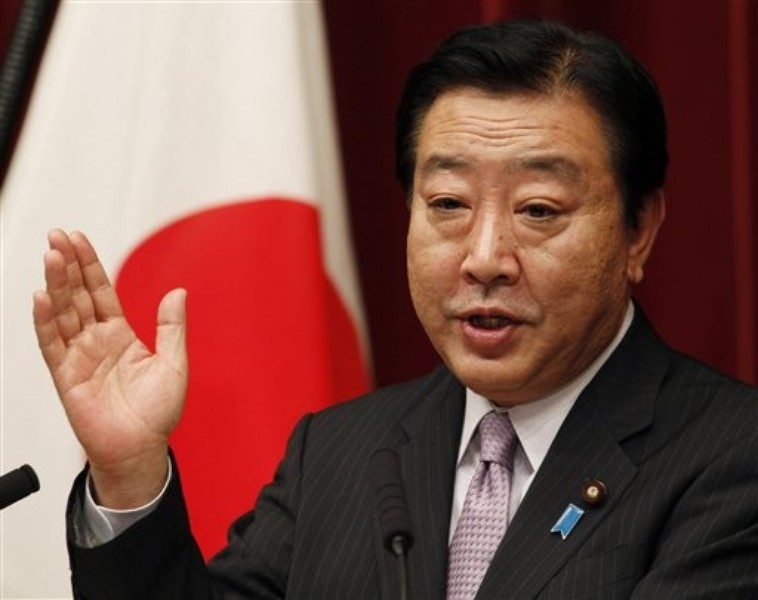 The forthcoming election in Japan (December 16) has been billed as a referendum on that country’s appetite for nationalism.
The forthcoming election in Japan (December 16) has been billed as a referendum on that country’s appetite for nationalism.
Not just because Prime Minister Yoshihiko Noda may be toppled by a predecessor (Shinzo Abe), and hence needs an issue to boost his prospects but also because Japan is at crossroads.
It has chosen to resist territorial claims over groups of islands with both China and South Korea.
This is because Mr Abe’s Liberal Democratic Party (LDP), which ruled Japan for many years with virtually no opposition, wants greater recognition as a military power, a long running issue in Japanese politics.
On the economic front, the LDP also wants to exercise more power over the Bank of Japan and its monetary policy.
Mr Noda’s ruling Democratic Party is lagging in the polls and has led a push for Japan to move into a free trading bloc.
Pressure to commit
This too is roiling the political scene as the Trans-Pacific Partnership (TPP) is like a red rag to some.
Japan is under pressure to commit on the TPP, and make it real economic force in Asia and respond to other initiatives such as the ‘Regional Comprehensive Economic Partnership’ (RECP), which is a parallel partnership that, unlike the TPP, includes China.
The 16 RCEP members include the Southeast Asian nations as well as India, China, Japan, Korea, Australia and New Zealand but notably no other Pacific rim powers such as the US, Canada or any country in Latin America.
The RCEP is due to begin negotiations early next year and has as its goal of reduction in tariffs and liberalised investment rules, though not as ambitious as the TPP.
Chinese enigma
Japan is generally suspicious of free trade, privatisation and other forms of neo-liberalism, businesses big and small realise their export prospects depend on change.
A virtual consumer boycott of Japanese cars, electronics and other goods exists in China over what Japan calls the Senkaku Islands, pushing down sales and profits of major corporations.
Japanese public opinion has reciprocated with an annual Cabinet Office survey showing 80.6% “harbour no sense of friendship toward China,” as the Jiji news agency phrased it. This is up 9.2 points and is the highest since the survey started in 1978.
 |
 |
Sunset and Sunrise- Yoshihiko Noda (left) and Shinzo Abe (right)
Those who were friendly toward China fell to a new low of 18%.
Meanwhile, antipathy to South Koreans is also rising, though by not to the same level. Some 59% says they are not friendly toward Koreans, a jump of 23.7 points from last year.
Positive feelings sank 23 points to 39.2%, the first dip below 40% in 15 years.
The shifts in opinion came after the August visit by South Korean President Lee Myung Bak to the islands known to Koreans as Dokdo.
By contrast, the US under President Obama enjoys an 84.5% rating as a friend of Japan, a rise of 2.5 points. Those holding negative views fell to 13.7%.
While the political action and wider Asian issues dominate the news, ordinary Japanese show other ways to reassert their country’s profile as a high-technology leader.
Among the recent achievements was the ‘Tokyo Skytree,’ which has had 2.8 million visitors since it opened six months ago.
At 634 metres, it is said to be the world’s highest free-stranding broadcasting tower at 634m.
Nevil Gibson is Editor-in-Chief of The National Business Review. He wrote the above article for his publication from Tokyo, Japan. He was a member of the independent panel of judges of the Indian Newslink Indian Business Awards 2012.






